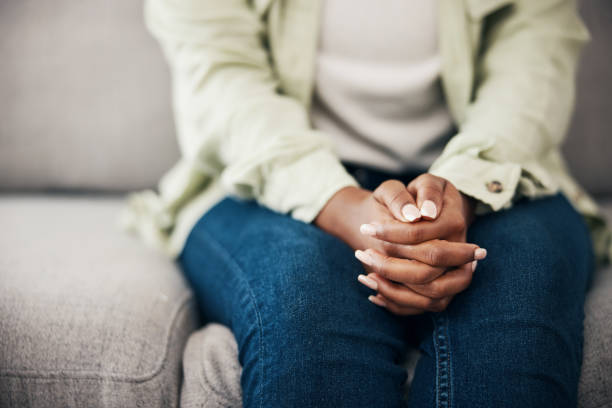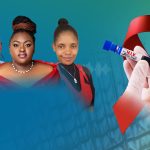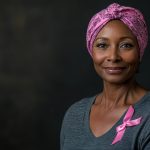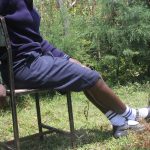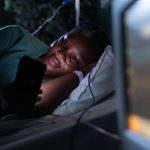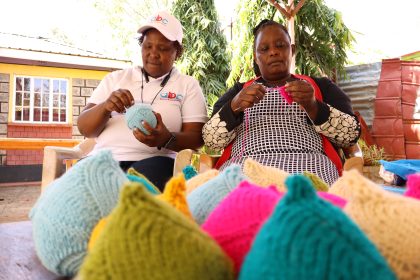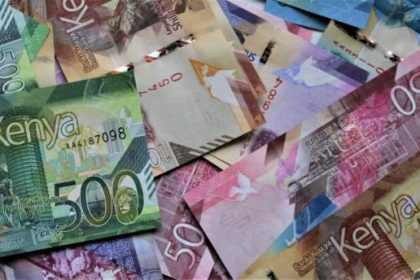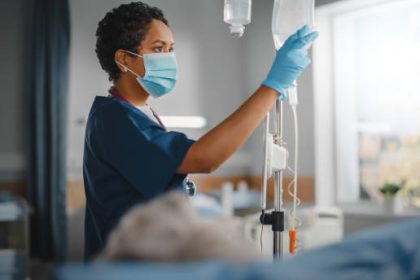USAID-funded projects in Mombasa were helping thousands of women victims and vulnerable girls to escape early pregnancies and the sting of HIV
Eunice Juma knows well what it means to live in fear. In 2013, her daughter Sophy Ndinda Juma, then aged 13, went through the worst experience: Sophy was defiled, not by a stranger lingering in the dark, but by her own father. The one man who was supposed to protect and keep her safe.
“I did not accept the truth at that time, so I stayed in the marriage,” Eunice says. But the abuse persisted, and eventually seven years later, she left her abusive husband, taking her daughter who “was asking me difficult questions that I could not answer.”
That was in 2020. But with nowhere to go, Eunice and her daughter were received by the Changamwe Situation Room, a Community-Based Organisation (CBO) that helps survivors of sexual and gender-based violence (SGBV) with psychosocial support.
Funded by the United States Agency for International Development (USAID), the organisation helps about 1,200 GBV survivors annually. Since its inception in 2000, it has offered aid to some 30,000 survivors in and around Mombasa.
Eunice says receiving free psychological counselling from the organisation helped get her back on her feet after her marriage fell apart. But with its closure now imminent following the withdrawal of foreign aid through an Executive Order signed by US President Donald Trump, Eunice says she fears for her life as the perpetrator, her ex-husband, could pursue and harm her.
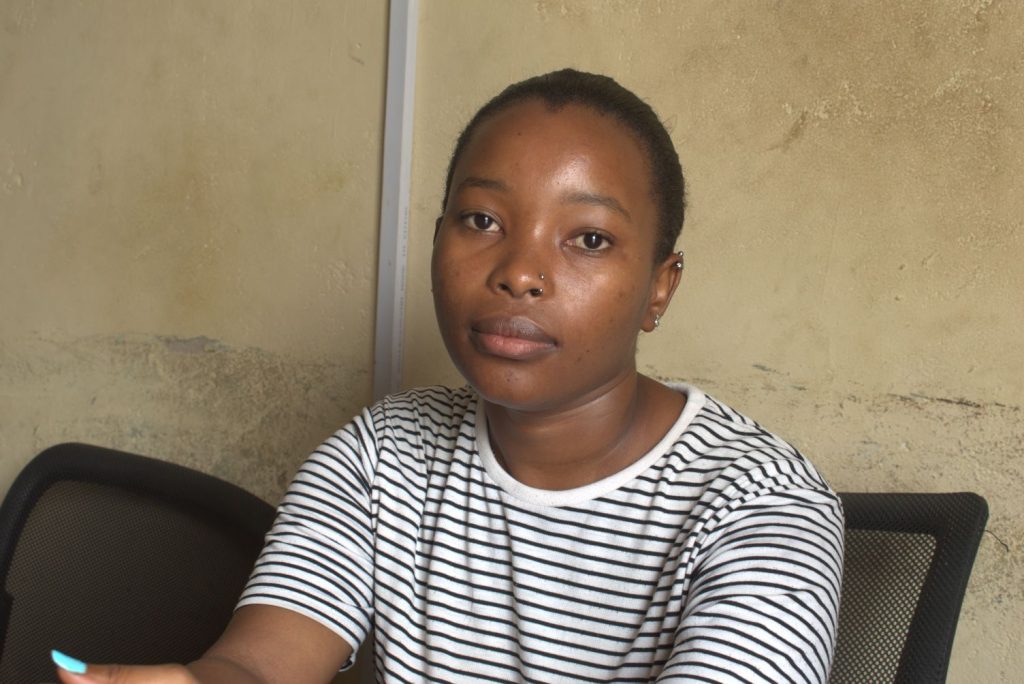
Like Eunice, Sabina Samba is also a beneficiary of a USAID-funded programme. Standing for Determined, Resilient, Empowered, AIDS-free, Mentored and Safe (DREAMS), the $385 million (about Ksh50 billion) partnership aims to reduce HIV infection among adolescent girls and young women in HIV priority areas within Kenya and nine other African countries.
Through the project, thousands of vulnerable girls have escaped the trap of early pregnancy and HIV infection. For Sabina, the project helped pay for her primary and secondary schooling and a course in cosmetology that she now applies in a beauty salon to support her family.
“Through DREAMS we used to receive eight packets of sanitary pads a month, toothpaste, soap and panties that our parents could not afford, helping us maintain our dignity,” explains Sabina. “The loss of funds from USAID could now expose girls to multiple risky relationships with boda boda riders in exchange for money, sanitary towels and upkeep.”
According to the 2022 Kenya Demographic and Health Survey, some 2.8 million women experienced gender-based violence in Kenya. The Centre for Rights Education and Awareness Kenya (CREAW) report of 2022 further showed that 2,985 cases of women who experienced GBV were reported.
With the freeze on foreign aid by the US government, more than 1,320,402 victims of gender violence will be left with no support. A 90-day waiver issued by the US Global Health Security and Diplomacy Department will cover specific HIV care and treatment activities under the President’s Emergency Plan for AIDS Relief (PEPFAR), but only for vulnerable populations.
“I am pleading with the US President to extend the waiver to gender-based violence programs in Kenya and give us time to plan ourselves as things are so hard in Kenya. The economy is harsh. Trump could give us capital to start businesses instead of shutting us down,” a desperate Eunice says.
The shock notwithstanding, other Kenyans believe a solution for the unfolding crisis is at hand. Like Elizabeth Mutuku, a gender officer at the Changamwe Situation Room, argues that the Kenyan government should first tackle corruption so that taxes can be utilized well to fill the funding gap as Kenya can cater for its citizens without depending on donor aid.
Members of Bunge la Wananchi (People’s Parliament) in Changamwe want President William Ruto to curb corruption to promote and protect local industries and healthcare.
Bobby Clements, the chair, says it is time Kenya and other third-world countries stopped depending on foreign aid besides doing simple things like having proper values to treat women with dignity and not violence.
While Clements reckons there is a 42-member team committee led by the Chief Justice to investigate femicide and gender-based violence, he says “We cannot be given sponsorship by fighting in our homes.”
Chaani MCA Franklin Makanga has asked the Mombasa County government to reallocate funds to support health programmes to ensure the continuity of sustainable projects and partnerships.
“The taxes that Kenyans pay should be prioritized to help the projects that we had been relying on donor funding. Our leaders should be accountable for the taxes and so the services should continue to help the local mwananchi.”
Haki na Usawa organisation Director, Salim Suleiman also says the freeze on aid “is a wake-up call for Kenya and other African countries to source for more partnerships. We need to have another plan, the projects should not stall.”
Already, some local organisations have begun filling in the gap. Sarah Tendwa, a psychologist at Girls for Girls Africa in Mombasa County, says the organisation has toll-free online services and mobile clinics from where locals can access help.
“We are expecting an increase in the uptake of gender-violence response services, psychotherapy and phone counselling,” says Tendwa.
The Technical University of Mombasa has also partnered with the Ministry of Health to increase sensitization programs and handle increasing cases of mental and gender violence cases as demand is expected to rise.
Head of the guidance and counselling department at TUK, Edward Kaingu, said the initiative will support young parents, victims of abuse and addicts.
“Sensitisation programs that do not require large funds, like talking to members of the community can be done without donor funding. But purchases, medication and facilitation campaigns will be affected until we go back to the drawing board and find a way to cope with the funding loss,” said Kaingu.



